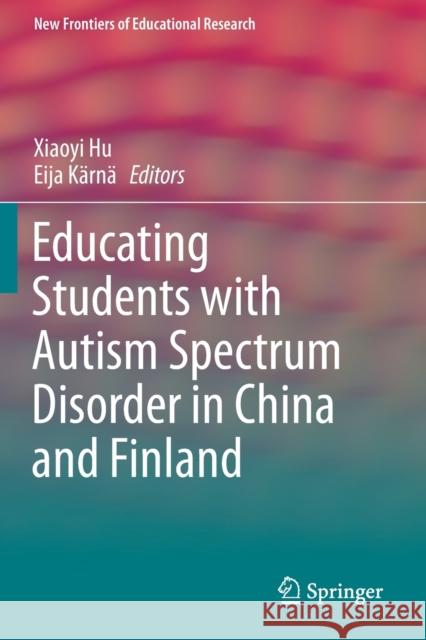Educating Students with Autism Spectrum Disorder in China and Finland » książka
topmenu
Educating Students with Autism Spectrum Disorder in China and Finland
ISBN-13: 9789811382055 / Angielski / Miękka / 2020 / 236 str.
Educating Students with Autism Spectrum Disorder in China and Finland
ISBN-13: 9789811382055 / Angielski / Miękka / 2020 / 236 str.
cena 562,23
(netto: 535,46 VAT: 5%)
Najniższa cena z 30 dni: 539,74
(netto: 535,46 VAT: 5%)
Najniższa cena z 30 dni: 539,74
Termin realizacji zamówienia:
ok. 22 dni roboczych.
ok. 22 dni roboczych.
Darmowa dostawa!
Kategorie:
Kategorie BISAC:
Wydawca:
Springer
Seria wydawnicza:
Język:
Angielski
ISBN-13:
9789811382055
Rok wydania:
2020
Wydanie:
2019
Numer serii:
000457643
Ilość stron:
236
Waga:
0.34 kg
Wymiary:
23.39 x 15.6 x 1.3
Oprawa:
Miękka
Wolumenów:
01
Dodatkowe informacje:
Wydanie ilustrowane











